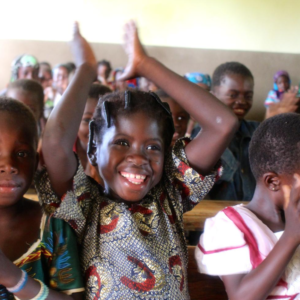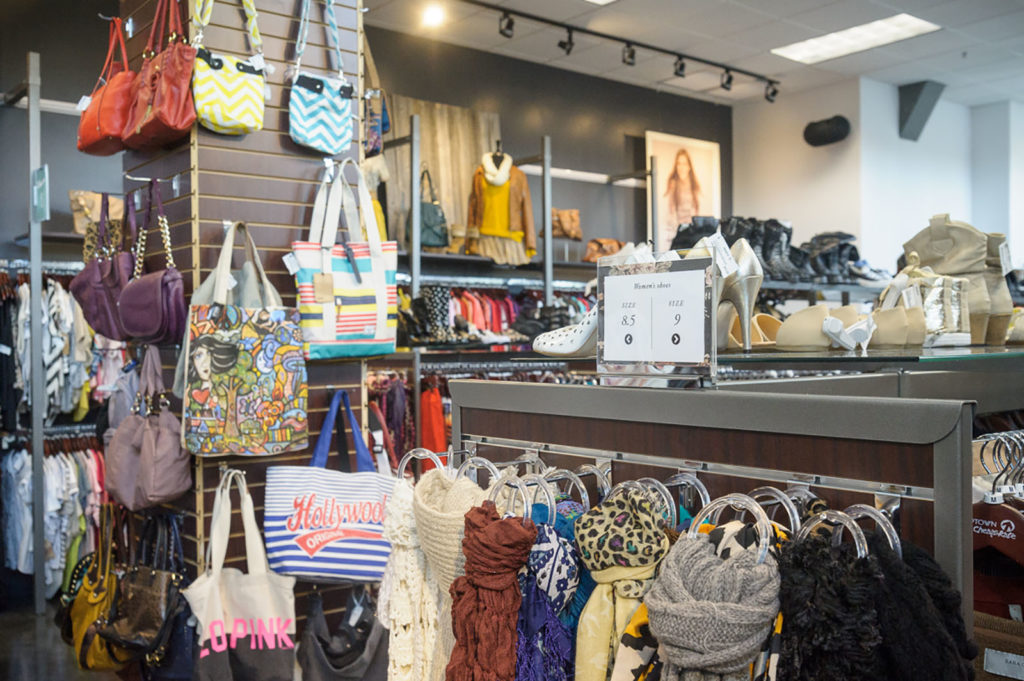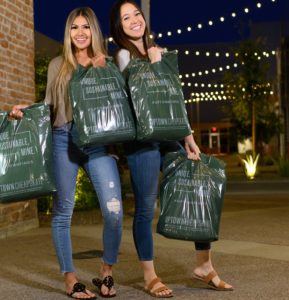One of the biggest reasons modern shoppers are getting into resale clothing is because they’re concerned about their environmental impact in every aspect of their lives, including their apparel. The fashion industry is the second biggest polluter in the world (next to oil). Conscious consumers want to minimize their carbon footprints, and shopping secondhand makes that possible.
Uptown Cheapskate’s business model is heavily focused on sustainability. Through our day-to-day operations and charity work, we help preserve the planet one resale garment at a time. Here’s how owning a resale clothing franchise can help you minimize the environmental impact of fashion.
Fashion is a leader in global pollution
The fashion industry as a whole—but especially fast fashion, which has grown tremendously in recent years—is a massive global polluter. Producing and shipping clothing and apparel puts a huge drain on our water, energy and natural resources. In addition to that, clothing production introduces other environmental hazards such as greenhouse gas emissions and hazardous chemicals.
For example, it can take 700 gallons of water to make just one cotton shirt and 2,000 gallons of water to make a single pair of jeans. That same pair of jeans might also use up to 80 miles worth of gas emissions to get from the factory to your local store.
The rapid consumption and discarding of clothing has also produced an immense amount of waste across the globe. Thirty-two billion garments are produced for the U.S. fashion market every year. Unfortunately, 64% of them up in landfills, producing millions of pounds of textile waste annually.
Even brands that claim their clothing is “sustainable” contribute to the problem. While they may be made from more sustainable materials, this equates to more garments that may have a short life in a buyer’s closet. New, these items still require energy and water to produce.
How resale makes a difference
Resale clothing stands in direct opposition to fast fashion’s environmental impacts. The secondhand clothing market has numerous benefits for the planet. At a base level, choosing used products instead of new can reduce a buyer’s carbon footprint by 60–70%!
One of the biggest benefits of resale clothing is that it extends the lives of garments, keeping them out of landfills for longer. Upcycling prevents the ultra-rapid accumulation of waste that fashion tends to create. Each year, the secondhand clothing market prevents millions of garments from being thrown out. Returning a single article of clothing into the circular economy reduces its carbon footprint by 82%!
By extending the lifespan of clothing, resale also helps reduce the demand for new clothes. Over time, this can help cut back on the resources required to produce clothing, since fewer people are buying garments new. As resale becomes more mainstream, the benefits compound!
Additionally, many resale clothing stores reduce gas emissions by eliminating the need for shipping and freight. Clothing found in secondhand shops doesn’t travel the nation or the globe to get to shoppers. It’s sold and repurchased right in the immediate community.
Uptown Cheapskate is built on sustainability
Uptown Cheapskate is built on sustainability. BaseCamp Franchising, the parent company of Uptown Cheapskate and Kid to Kid, is very committed to green initiatives. The company and its owners, the Sloan Family, were named 2021 Green Business honorees by Utah Business.
Our main business is resale clothing. We screen all items when they’re brought in to ensure shoppers get the best quality for the best prices. By giving our customers an opportunity to upcycle (and get paid to do it), we make fashion more sustainable! In 2023 alone, Uptown Cheapskate kept over 20 million items out of landfills.
Additionally, we’re helping make resale trendy. Our brightly lit and well-organized stores make customers feel like they’re shopping at a mainstream boutique. By offering a wide selection of in-style garments from brand names, our stores remind shoppers that they don’t have to buy new to be stylish.
For clothing we can’t sell, we give customers the option to recycle. We offer a donation service, which puts used clothing in the hands of people who need it at homeless shelters, foster care centers and more. We donate millions of clothing items to over 50 charities across the nation in every year!

Our charity efforts extend even further with annual initiatives. These include our fill-a-bag sale, which raises money for our charity partner, buildOn. With buildOn, Uptown Cheapskate and Kid to Kid have raised over $600,000 and built 18 schools around the world.
We’re seeking franchisees who are as passionate about serving the community and the planet as we are to join the Uptown Cheapskate family. If you’re interested in a resale clothing franchise opportunity that allows you to benefit the environment, request more information and begin your journey to ownership!



